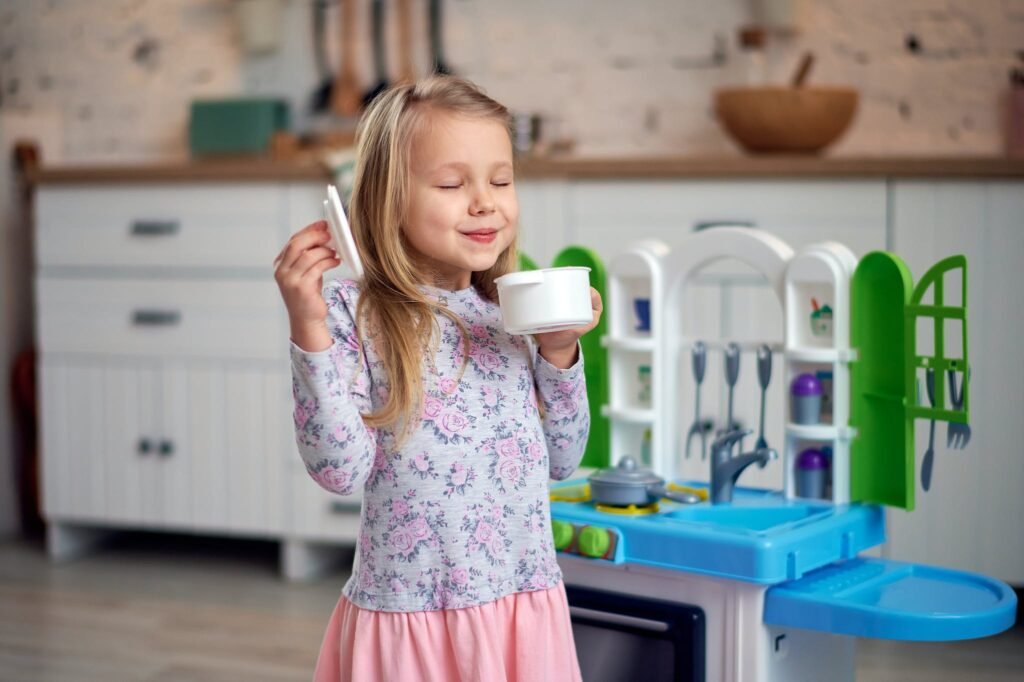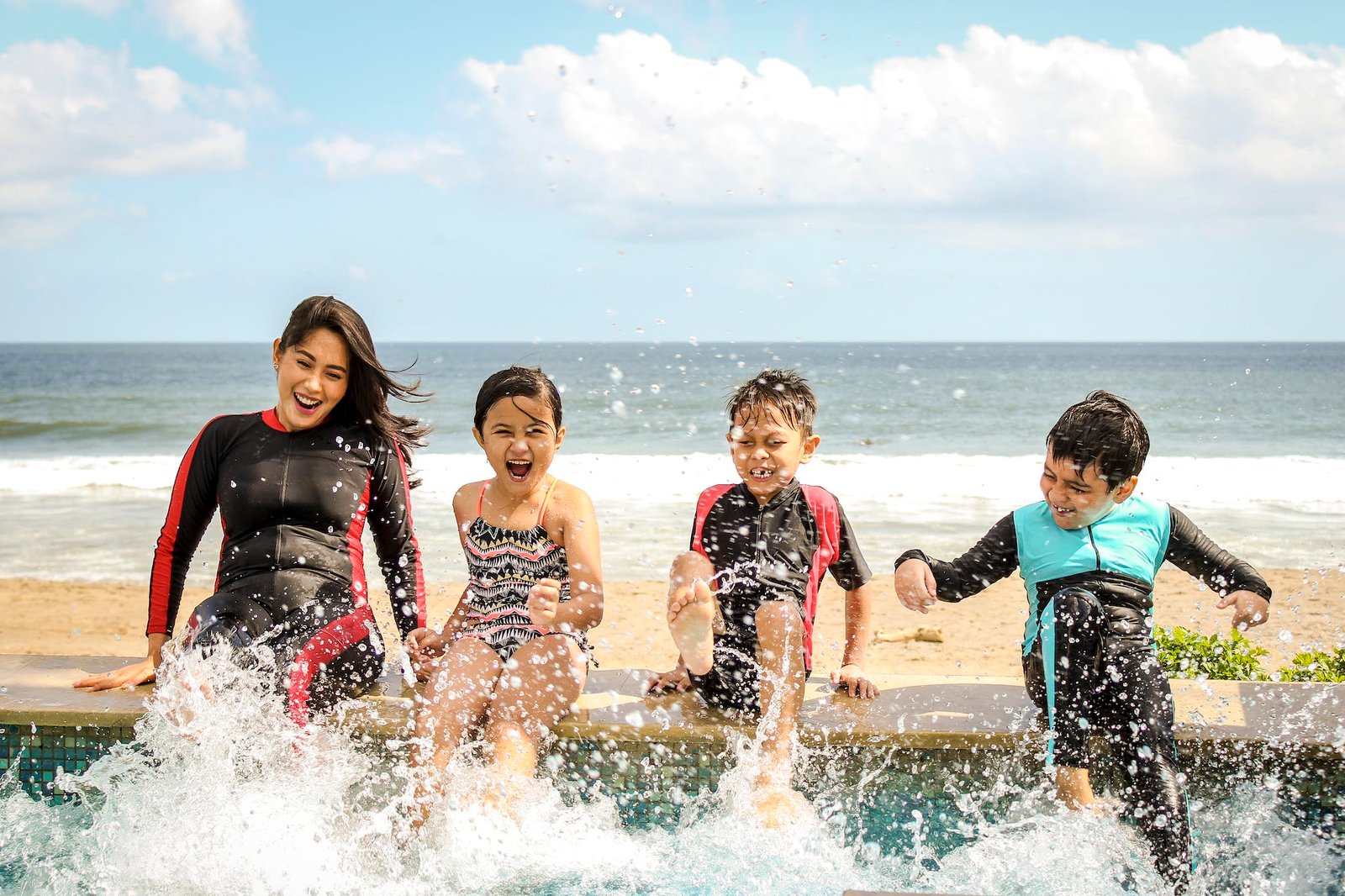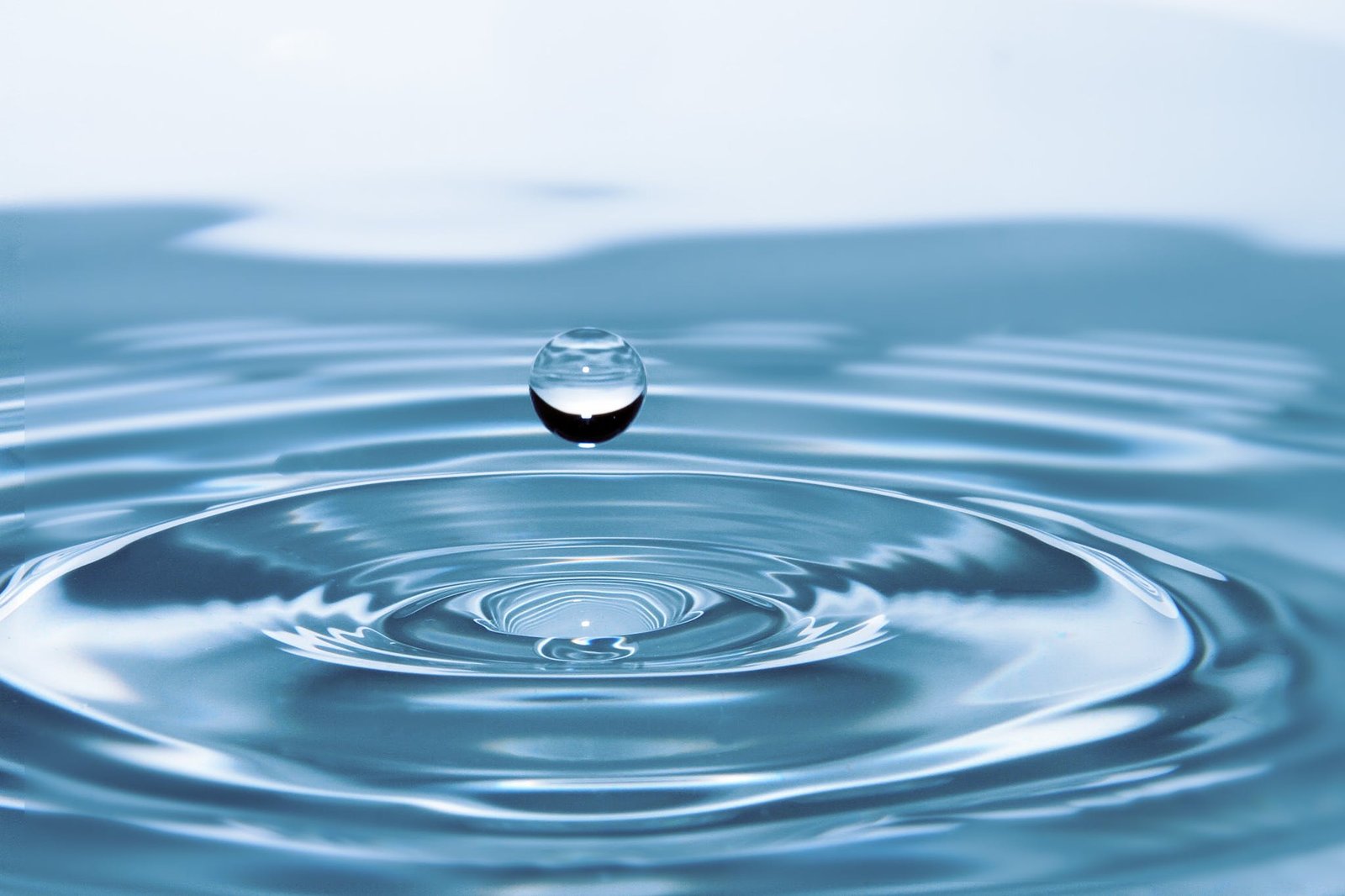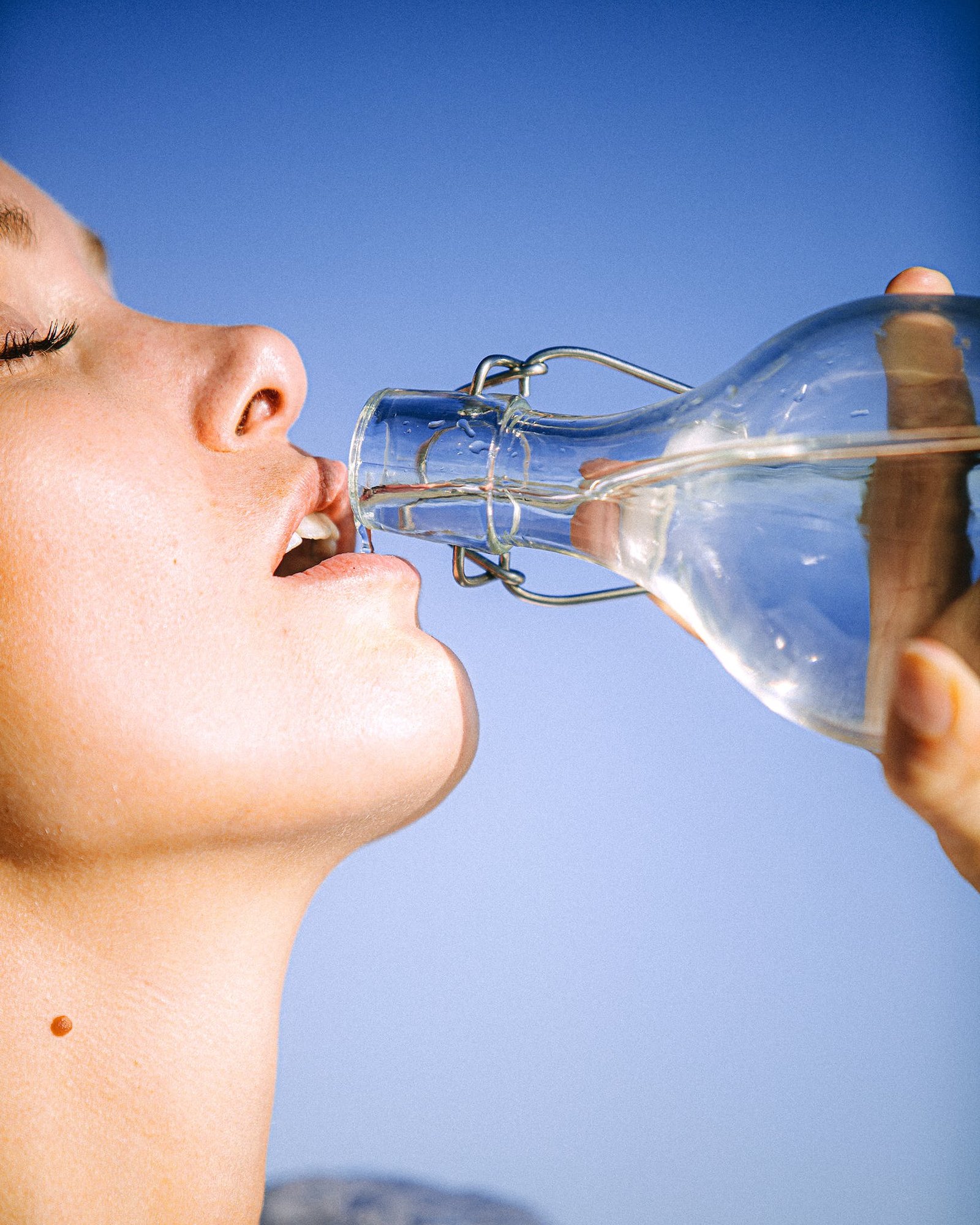How Parents Can Help Kids Stay Properly Hydrated
There are some affiliate links below, but they are all products I highly recommend. For more info, view my disclosure here.
Getting kids to drink enough water can be tricky. But proper hydration is crucial for their health and development.
In this article, we’ll offer effective strategies to promote healthy hydration habits in children. You’ll learn how to create a structured daily hydration schedule that sticks. Discover fun, inventive ways to make drinking water exciting for kids.
We’ll share tips on adding flavor and customization to make hydration more appealing. You’ll also learn how to recognize signs of dehydration in children.
Arm yourself with actionable advice to establish healthy lifelong hydration habits for your kids. We’ll provide you with tools to make drinking water a breeze for children while promoting their overall well-being.

Understanding the Importance of Hydration for Kids
You need to understand why it’s important for kids to stay properly hydrated.
When children don’t drink enough water, it can lead to a range of health problems. One of the main reasons hydration is crucial for kids is that their bodies are still growing and developing.
Water helps to transport nutrients to their cells and remove waste products from their bodies. It also helps to regulate their body temperature, especially during physical activity.
Dehydration can make kids feel tired, sluggish, and irritable, affecting their overall mood and behavior. It can also impact their cognitive function, making it harder for them to concentrate and learn.
Moreover, staying properly hydrated is essential for their physical performance, as it helps to lubricate their joints and muscles. It also supports their immune system, enabling them to fight off illnesses more effectively.
Creating a Hydration Schedule for Your Child
Make sure to create a hydration schedule for your child to ensure they stay properly hydrated.
It’s important to establish a routine that keeps your child’s fluid intake consistent throughout the day.
Start by determining how much water your child needs based on their age and weight. Generally, children between the ages of 4 and 8 should aim for about 5 cups of water per day, while those between 9 and 13 should drink around 7 to 8 cups.
Divide these amounts into smaller portions and plan specific times for your child to have water. For example, you can schedule a glass of water before breakfast, after playtime, during lunch, and before bedtime.
Encourage your child to drink water during these designated times and make it a habit. Consider setting reminders or using a colorful chart to track their progress and make it fun.
Additionally, be mindful of your child’s activities and adjust the hydration schedule accordingly. If they’re involved in physical activities or spend time outdoors, ensure they drink water before, during, and after to prevent dehydration.
Encouraging Healthy Hydration Habits at Home
Establishing a routine and providing accessible options for beverages can help foster healthy hydration habits at home. By incorporating regular drink breaks into your family’s daily schedule, you can ensure that everyone stays hydrated throughout the day.
Encourage your children to drink water before and after meals, as well as during physical activities. Make it a habit for them to have a water bottle readily available, whether they’re studying, playing, or simply relaxing at home.
Having a variety of beverages on hand can also make staying hydrated more enjoyable. Keep a pitcher of infused water in the fridge with fruits, herbs, or cucumbers for added flavor. Additionally, offer low-sugar options like unsweetened iced tea or flavored water. Avoid sugary drinks and limit the intake of caffeinated beverages.
Make it a family effort by setting a good example and prioritizing your own hydration. Remind your kids of the benefits of staying hydrated, such as improved energy levels, concentration, and overall health.
Making Hydration Fun and Exciting for Kids
Drinking water can become a playful and enjoyable activity for your children by incorporating colorful reusable water bottles with fun designs and characters. Kids are naturally drawn to bright colors and playful characters, so having a water bottle that reflects their interests can make them excited to drink water throughout the day. Look for water bottles with their favorite cartoon characters or superheroes, as this can make hydrating feel like a fun adventure.
Additionally, consider investing in water bottles that have special features like built-in straws or flip-top lids. These features make it easier for kids to drink water on their own and add an element of fun. When kids have control over their hydration, they’re more likely to stay properly hydrated.
Another way to make hydration fun is to create a challenge or game around drinking water. You can set goals for your child, like finishing a certain amount of water by the end of the day or drinking a glass of water before each meal. You can even create a reward system, where they earn stickers or small prizes for reaching their hydration goals.
Tips for Keeping Kids Hydrated on the Go
To ensure your children stay hydrated while on the go, remember to pack their favorite water bottles and encourage them to drink water regularly. It’s important for kids to stay hydrated, especially when they’re active and on the move. When you’re heading out for a day trip or running errands, make it a habit to grab their water bottles and remind them to drink water throughout the day.
Kids often get so caught up in their activities that they forget to drink water. By packing their favorite water bottles, you’ll have a convenient way to offer them water whenever they need it. Make it fun by choosing bottles with their favorite characters or designs. This will make them more excited about drinking water.
Encourage your children to drink water regularly by setting reminders. Remind them before leaving the house, during breaks, and after physical activities. You can also make it a game by challenging them to finish a certain amount of water by a certain time.







